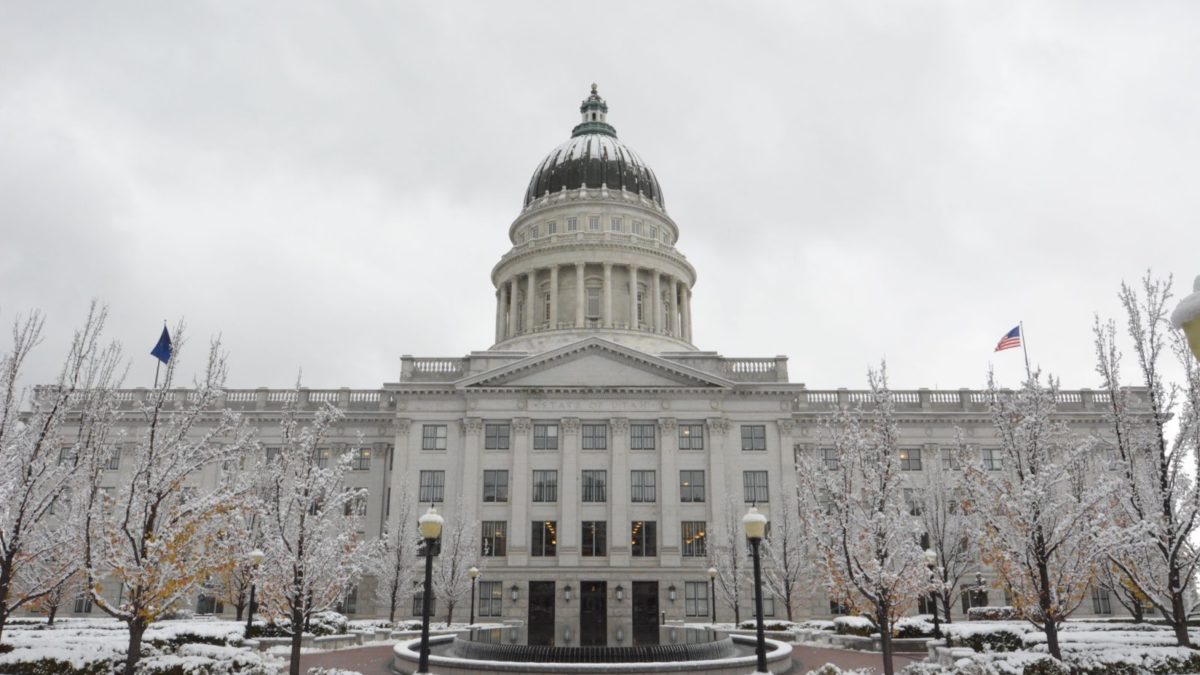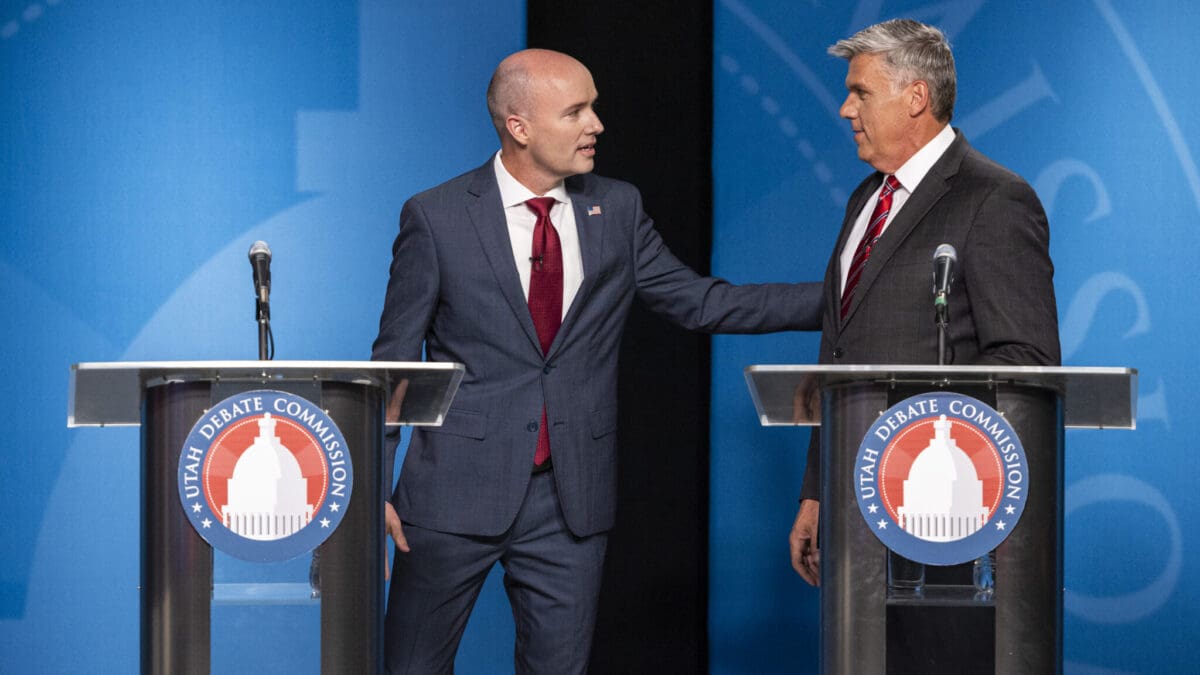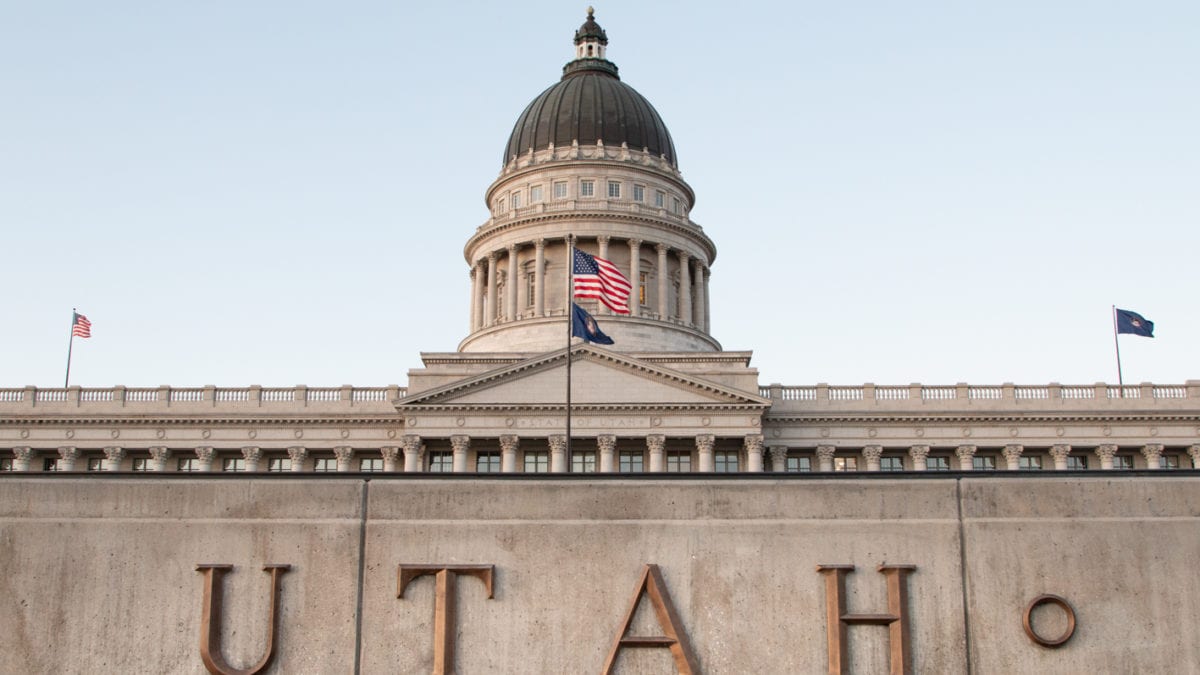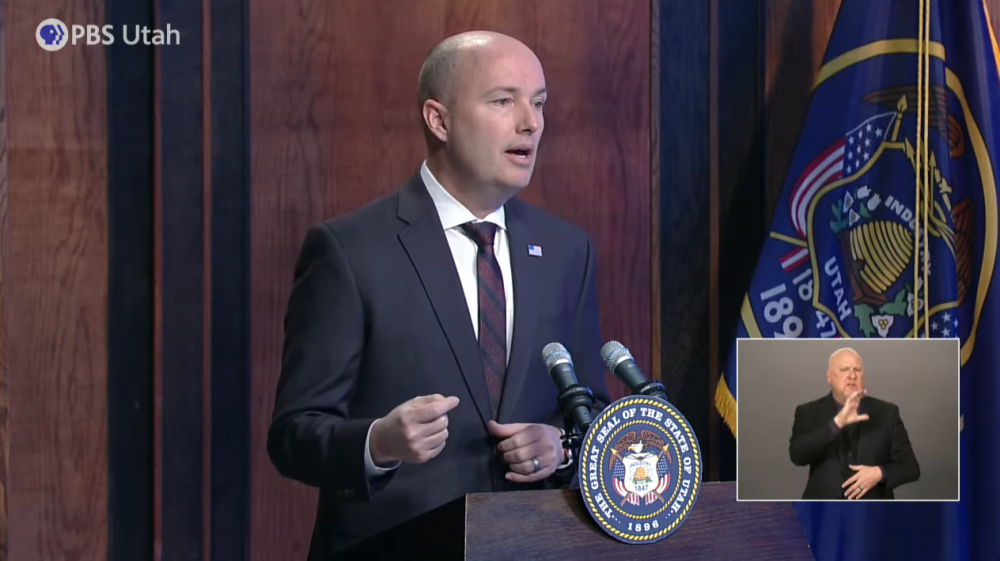Politics
Utah governor signs bill allowing Utah to not comply with federal directives

The Utah State Capitol building. Photo: TownLift
By: Kyle Dunphy, Utah News Dispatch
Utah Gov. Spencer Cox wasted no time signing a bill into law that gives the state an avenue to not comply with directives from the federal government.
On Wednesday, the day after the Utah Legislature approved SB57, the “Utah Constitutional Sovereignty Act,” Cox signed the legislation.
“Balancing power between state and federal sovereignty is an essential part of our constitutional system,” Cox said in a prepared statement. “This legislation gives us another way to push back on federal overreach and maintain that balance.”
Sponsored by Sen. Scott Sandall, R-Tremonton, SB57 would allow lawmakers to reject any action from the federal government they view as unconstitutional, unless a court rules otherwise.
The bill passed after a 24-5 vote in the Senate, with Sen. Kathleen Riebe, D-Cottonwood Heights, the only Democrat to join Republicans supporting the bill; and in the House it received a 57-14 vote along party lines, backed by Republicans.
According to the bill, lawmakers could “prohibit the enforcement of a federal directive within the state by government officers if the legislature determines the federal directive violates the principles of state sovereignty,” the text reads.
Sandall said the bill’s intent is to “flip” the current process, where Utah might sue the federal government over a federal directive, but still have to comply with it while the process plays out in court. A “federal directive” includes anything from an executive order from the president, to a rule or policy enacted by a federal agency, or even a statute passed by Congress.
But concerns over how the bill would impact the National Guard and federal funding caused it to briefly stall. On Friday, Rep. Jefferson Burton, R-Salem, voted no on the bill after telling lawmakers if members of the federal government thought the National Guard — which gets over 95% of its funding from the federal government — wasn’t available to them, they could cut funding.
“The state cannot afford to train, equip and mobilize that organization without the federal funding,” Burton said, asking for a carveout. Burton was one of 15 representatives who voted “no,” although the bill passed the House anyways.
On Tuesday, the Senate refused to concur with the House bill, instead sending it back where a conference committee, a group of lawmakers that deliberates over changes to a bill, added a line to address the concerns. It received one more vote in the House and the Senate.
Now, according to the bill, “‘federal directive’ does not include any order by the federal government calling the Utah National Guard” into service.
Lawmakers also had apprehensions over how the law would impact Utah’s sovereign tribal nations, including from Senate Minority Leader Luz Escamilla, D-Salt Lake City, who said the Navajo Nation worried its treaties would be put in jeopardy.
That was also amended — Sandall on Tuesday said lawmakers will give the tribes “notification when a resolution was opened and that they would be able to engage in the process however they wanted to, either positively or negatively.”
If lawmakers determine a federal directive “violates the principles of state sovereignty,” the process would require a concurrent resolution from the legislature. That means buy-in from both the Senate president and speaker of the House, and support from a two-thirds majority in both bodies. The governor would also need to sign the resolution.
Katie McKellar contributed to this report.
















